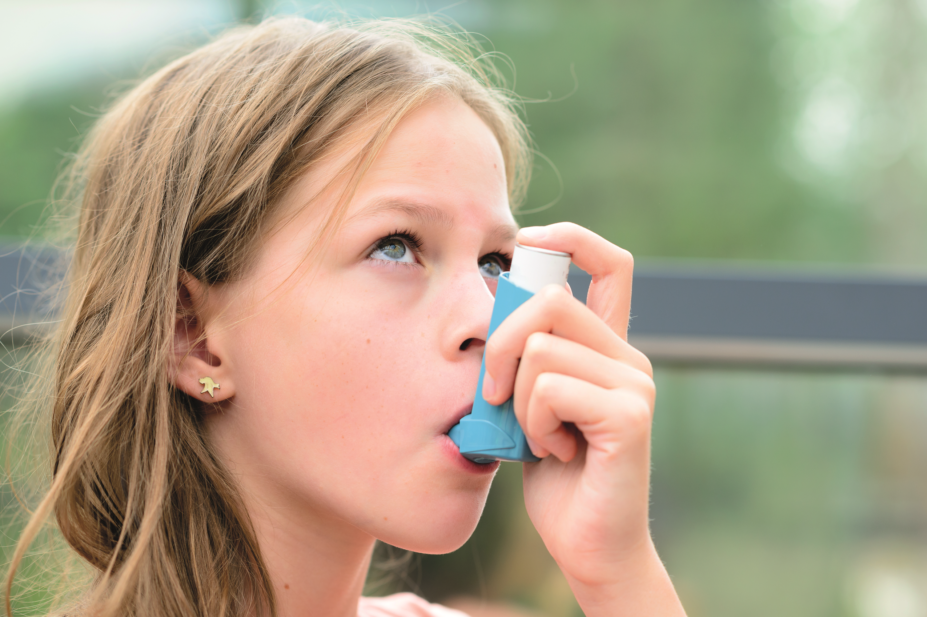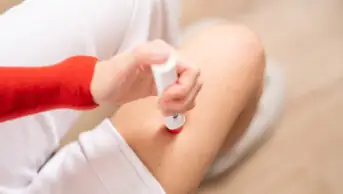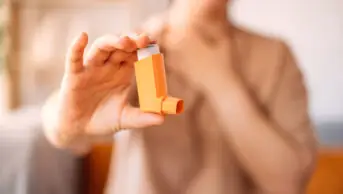
Shutterstock.com
Dedicated community pharmacy services can result in good inhaler technique in almost all patients, a study presented at the British Thoracic Society Winter Meeting (6 December 2019) has shown.
In the study, pharmacists and pharmacy technicians attended a two-hour training session and were provided with a resource box that included placebo inhalers, training aids and patient information leaflets.
Overall, 35 pharmacies recruited a total of 380 patients with a diagnosis of asthma or COPD, and carried out more than 500 assessments between May 2018 to June 2019.
Of the 380 patients, 50.0% used one inhaler, 46.1% used two inhalers and 3.9% used three inhalers. A mixture of aerosol and dry powder inhalers (DPIs) requiring different inhalation techniques were prescribed for 56.8% of patients. The most commonly prescribed inhalers were metered-dose inhalers (59.5%), Ellipta (24.5%) and Turbohaler (8.4%).
The researchers were surprised to find out that 27.4% of patients had never been shown how to use their inhalers by any healthcare professional before they attended the pharmacy inhaler technique service.
On arrival, significantly more patients were assessed as having good DPI inhaler technique (defined as having no critical or serious errors) than aerosol inhaler technique (77.8% vs. 49.2%; P<0.05). However, after training from a pharmacist or pharmacy technician, this increased by 19.5% and 46.4%, respectively, to 97.3% and 95.6% of inhaler devices assessed.
The researchers concluded that a dedicated service provided by community pharmacy staff was effective at improving inhaler technique for almost all patients. However, they highlighted that uptake at many pharmacies was low and only 11 of the patients received the service at weekends.
“We haven’t collected information on why some pharmacies struggled to recruit patients for this service, but could be due to lack of time and other work pressures, resulting in limited capacity for additional key services in the current climate,” explained Toby Capstick, consultant pharmacist in respiratory medicine at Leeds Teaching Hospitals NHS Trust and lead author on the study.
“Since June 2019, when these data were analysed … the service has now been rolled out to 69 pharmacies which have provided this service to 557 patients.
“Furthermore, the success of the Leeds service has allowed us to reach out to Bradford and start the service there too.”


